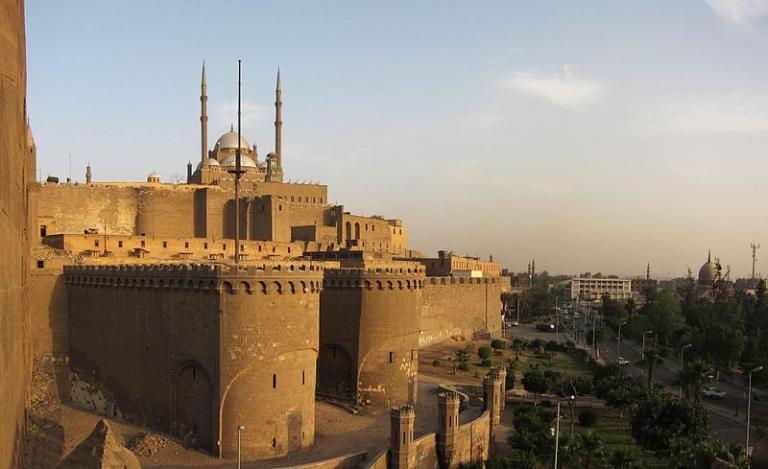
I share some further notes from Gilles Kepel, Jihad: The Trail of Political Islam, translated by Anthony F. Roberts (Cambridge, MA: Belknap Press, Harvard University Press, 2002).
The first simply makes a point that I too want to remember to make, and to expand upon, in a book that I’m writing:
The year that began in Tehran with the victory of the Islamic Revolution to the battle cry of “Down with America!” [an alternate rendering of the Persian phrase that we’re more acquainted with as “Death to America!” -dcp] ended with the Soviet invasion of Afghanistan. This called forth a massive commitment by the CIA and Saudi Arabia to the cause of Afghan jihad. (62)
Contrasting the disastrous Six-Day War against Israel with the much more successful though ultimately failed Yom Kippur War or Ramadan War of 1973:
Later on, conservative Saudis would call 1967 a form of divine punishment for forgetting religion. They would contrast that war, in which Egyptian soldiers went into battle shouting “Land! Sea! Air!” with the struggle of 1973, in which the same soldiers cried “Allah Akbar!” and were consequently more successful. However it was interpreted, the 1967 defeat seriously undermined the ideological edifice of nationalism and created a vacuum to be filled a few years later by Qutb’s Islamist philosophy . . . (63)
Student insurrections began to occur in the late 1960s, after the catastrophe of the Six-Day War:
[T]he Palestinian cause, which Egypt and the other Arab states had used to spur nationalist sentiment, was passing out of those states’ control, with the arrival in 1969 of Yasir Arafat as the head of the autonomous Palestine Liberation Organization. By gaining control of their own destiny and embodying Arab resistance to Israel after the military debacle of 1967, the Palestinians filled the space in the student psyche that Nasser’s nationalism had vacated. (63-64)
Mustafa Kemal Ataturk had abolished the caliphate in 1924.
The Muslim Brothers formed their society in Egypt in order to reclaim Islam’s political dimension, which had formerly resided in the person of the now-fallen caliph. Confronted by the Egyptian nationalists of the time — who demanded independence, the departure of the British, and a democratic constitution — the Brothers responded with a slogan that is still current in the Islamist movement: “The Koran is our constitution.” Islam, for the Brothers, was a complete and total system, and there was no need to go looking for European values as a basis for social order. Everything was made clear in the Koran, whose moral principles, the Brothers claimed, were universal. This doctrine was shared by the entire Islamist movement, whatever their other views. (27-28)












